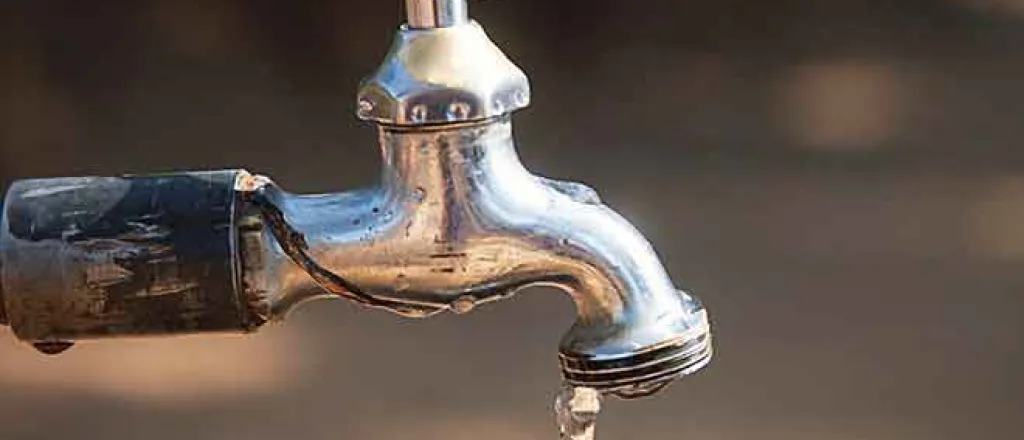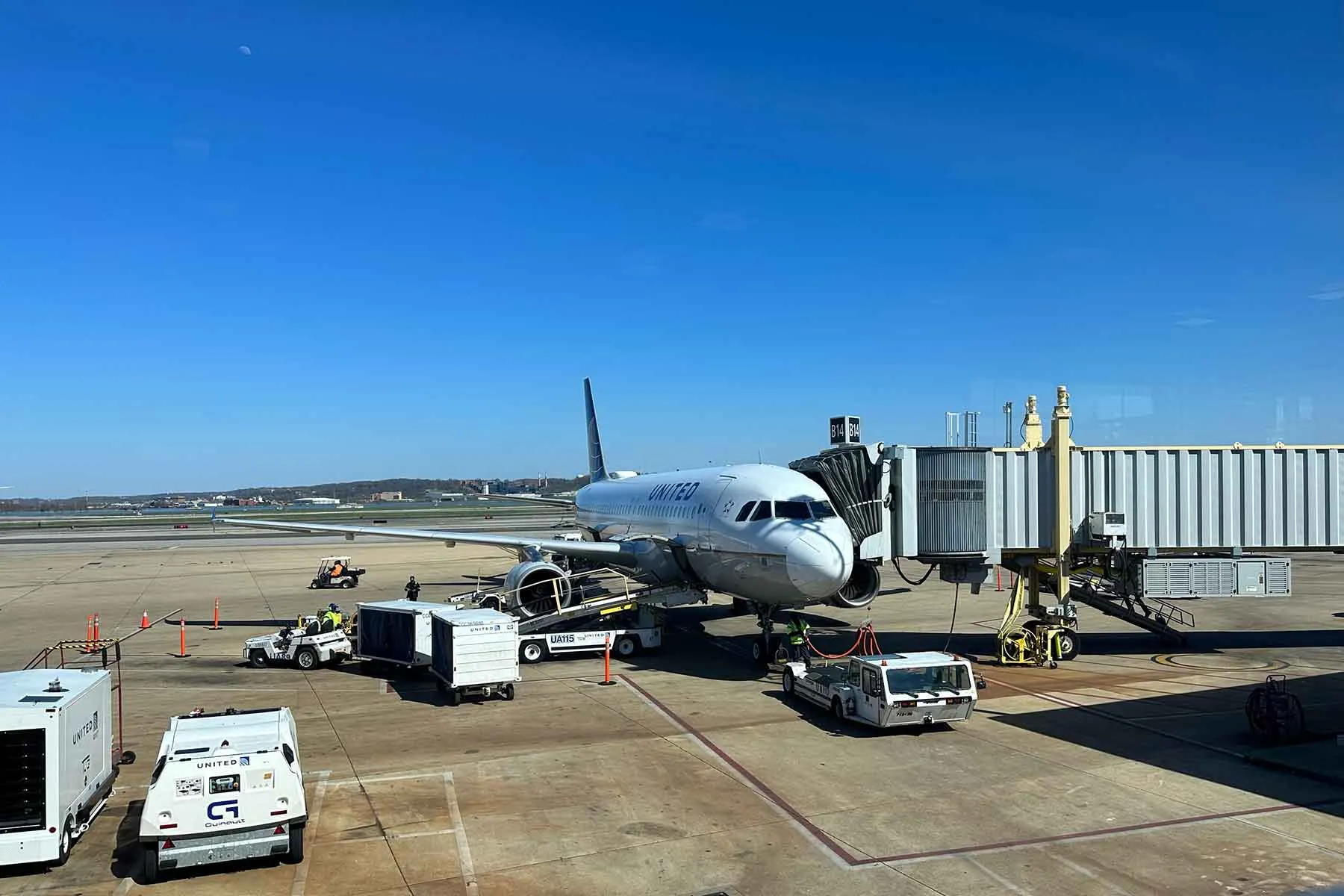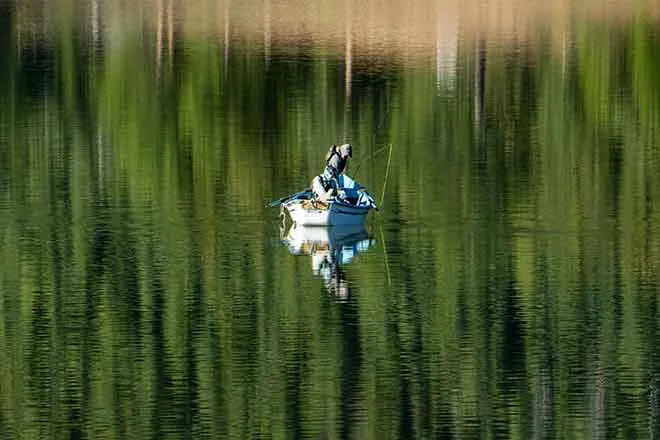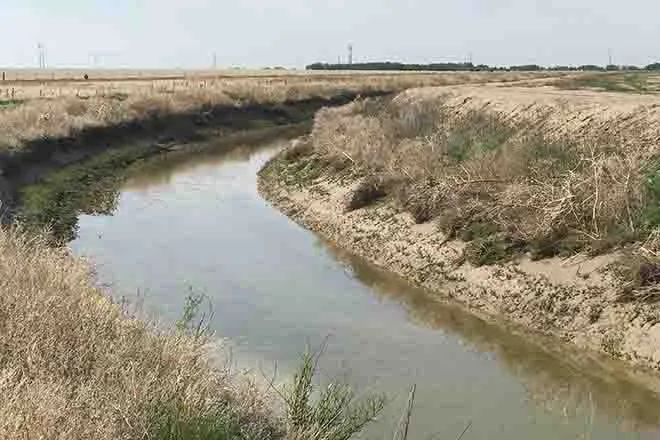
Working group submits report detailing ways to bolster Colorado's anti-speculation law
(The Center Square) – A working group submitted a report on Friday that includes several “concepts” that it says the Colorado Water Resources Review Committee should consider when exploring how to bolster the state’s anti-speculation water law.
The 22-member group, which includes members from the legal, nonprofit, municipal, and agricultural sectors, convened due to the passage of Senate Bill 20-048. The group submitted a total of 19 “concepts” organized into five categories that the committee will consider when making future regulations.
Some of the recommendations include modifying current legal proceedings to give water courts a more active role in anti-speculation cases, encouraging local governments and state police to invest in water speculation, and establishing a maximum water rate increase with corresponding tax penalties for those who overcharge.
In its final report, the working group said it does not recommend any of the concepts for implementation due in part to the drawbacks members identified during their sessions and a lack of consensus among the group.
Instead, it recommended that lawmakers “gather additional feedback from multiple and diverse stakeholders within Colorado for any change in law considered.”
Water speculation – defined as obtaining a water right without a plan to put the water to beneficial use – is a foundational issue for the state of Colorado.
The state's constitution expressly provides that water is “declared to be the property of the public, and the same is dedicated to the use of the people of the state.” This means that no one in the state can horde water without a legitimate need.
The approach has become known colloquially as the “Colorado Doctrine” in the water court system, according to the working group’s report.
Anti-speculation laws are also gaining more public attention as drought conditions are causing issues for some Colorado ranchers.
Gov. Jared Polis recently visited with the local agricultural communities in Craig and Steamboat Springs and declared that the recent “historic” water plan won’t be enough to help ease the conditions. The plan will spend $50 million to increase conservation and address the gap between supply and demand.
“This is an important part of who we were, who we are and who we will be now in the future,” Polis told the Craig Daily Press.

















